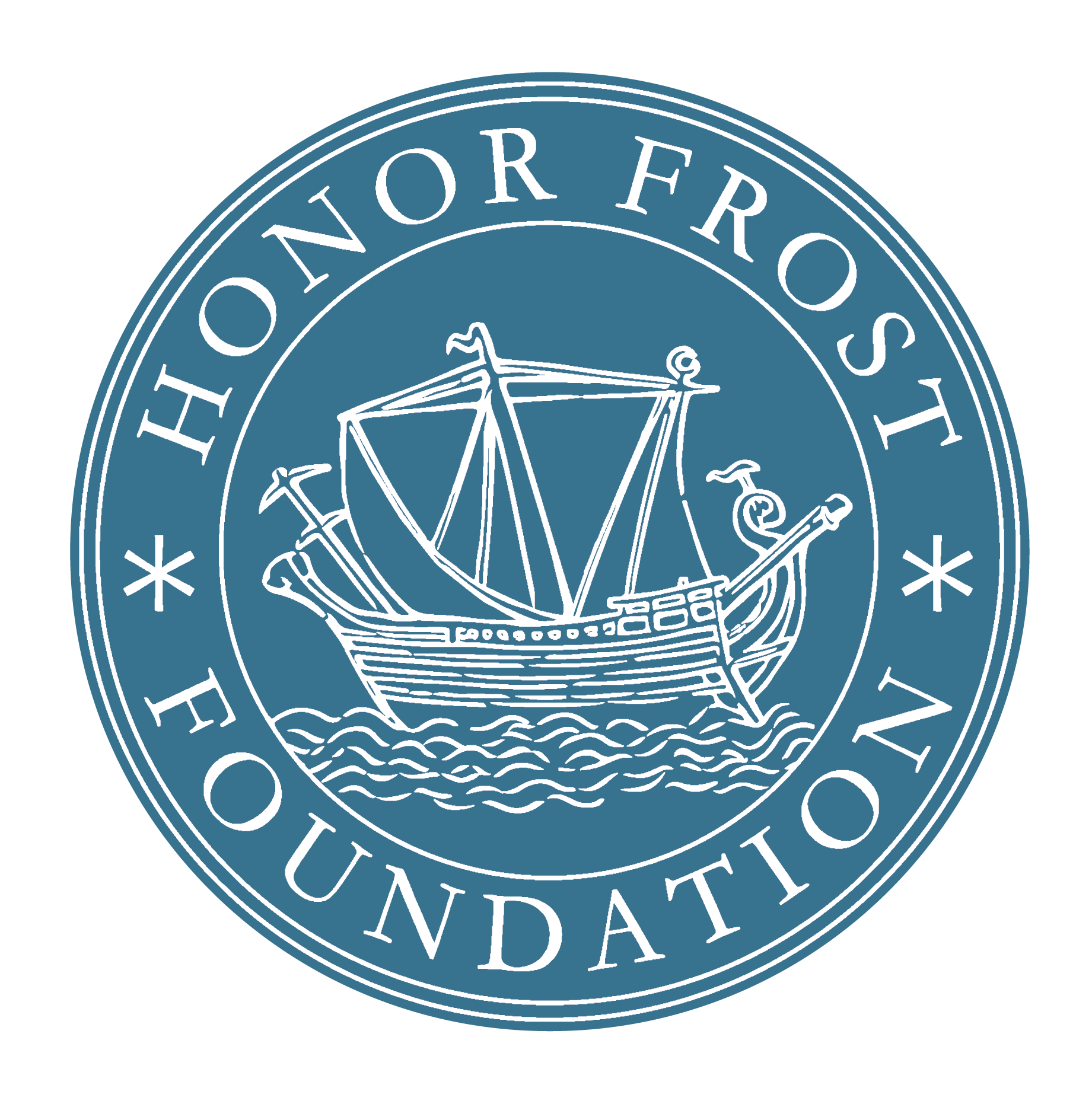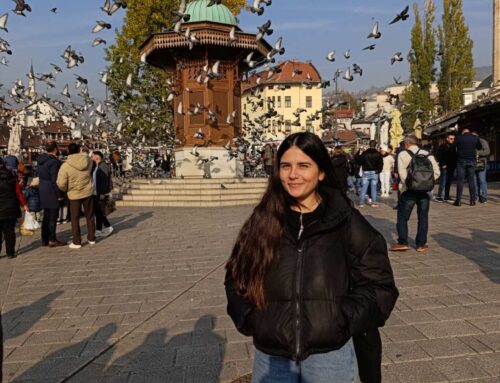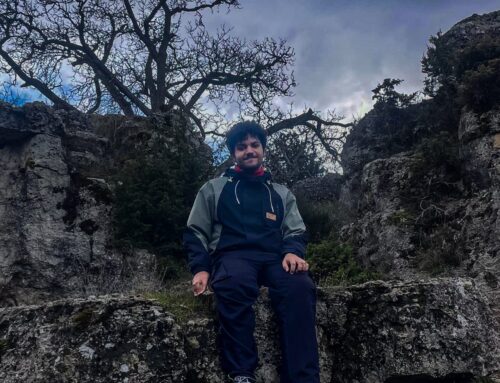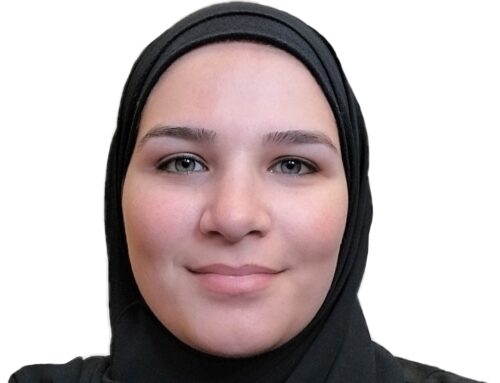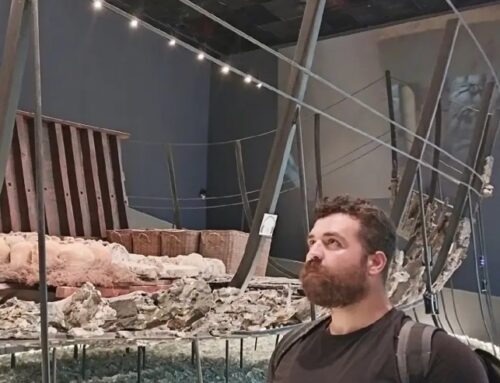Reem Nader – 2021-2022 – AUB Scholar
Having been awarded a scholarship by the Honor Frost Foundation to complete the Marine Science and Culture minor program at the American University of Beirut, I have gained a fundamental understanding of multiple disciplines present in the field of Maritime Archaeology. The program consists of 3 main courses and an elective: The Coastal and Marine Environment Introductory course MSCU201 is divided into 3 themes: oceanography, geomorphology, archaeological theory and methodology. I was able to understand new concepts such as coastal processes, what constitutes a ‘‘maritime cultural landscape’’, and watercraft typology. Additionally, I was able to link between archaeological methodologies used in terrestrial and underwater archaeology.
The Marine techniques, prospecting and mapping MSCU202 course introduces marine geophysics and remote sensing techniques used in the field of Maritime Archaeology. It was a completely new concept for me and I was eager to learn more about the discipline. This course has a practical side where we submitted two projects after learning new software: one practical instructed the use of photogrammetry to record archaeological material, and another required the creation of a map using QGIS.
The elective course ‘’A history of Maritime economics MSCU211’’ goes through various disciplines from economics, to history and archaeology. It focuses on developing a sense of analytical thinking by analyzing texts by different historians, economists, archaeologists and anthropologists. The course helped me distinguish between quantitative and qualitative analysis of ancient texts, introduced me to economic concepts and data quantification and its relation to biased analysis. Additionally, I delved deeper into maritime trading networks and how they operated in past economies.
The fieldschool MSCU203 was an opportunity to learn outside the classroom. It consists of 3 different portions: a geophysical survey, an underwater survey and a coastal survey. It contained an open water scuba diving course, along with a training with MSDS marine to conduct a geophysical survey using the mutli-beam echosounder and the side-scan sonar. The geophysical survey was undertaken on the Smashed wreck site in Tabarja. It’s a modern shipwreck that was the subject of research for our final paper. Additionally, a coastal survey in Batroun was undertaken and survey planning methodologies were introduced. The final portion included underwater survey methodologies and recording of the smashed shipwreck underwater using offset measurements and photogrammetry. The final paper, titled “The Smashed Shipwreck”, contained background research combined with survey planning methodologies in order to get relevant stakeholders involved with maritime cultural heritage.
This program offered by the Honor Frost Foundation was a window to join in the works of maritime archaeology in Lebanon. I was able to utilize the new concepts learned to participate in geophysical survey as well as underwater surveys with the HFF Lebanon Team. The opportunities offered by this program encourages individuals to be more involved with the maritime cultural heritage of Lebanon and lead to the development of the field.
